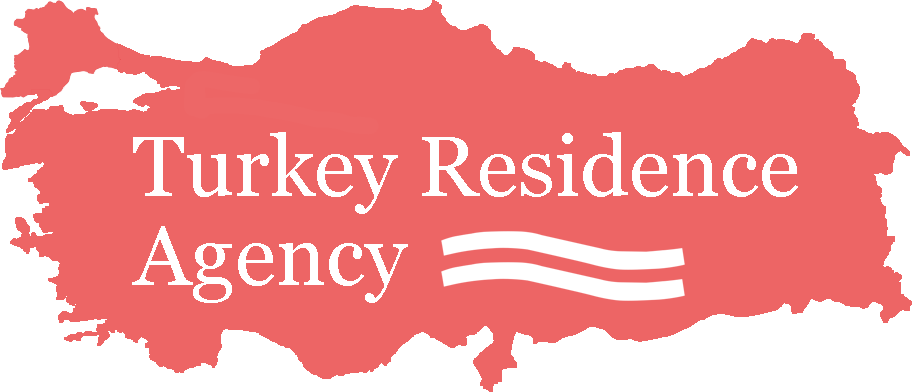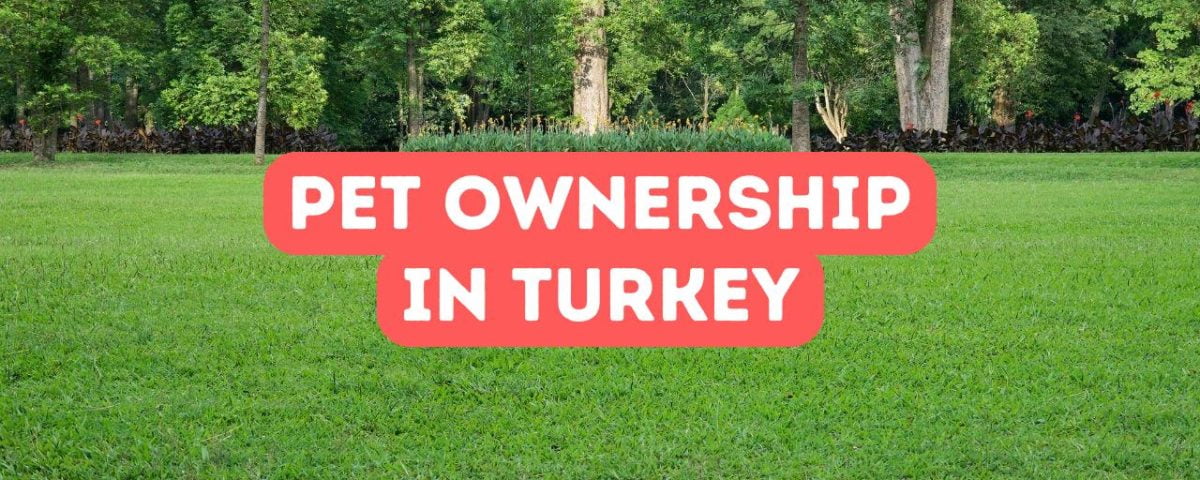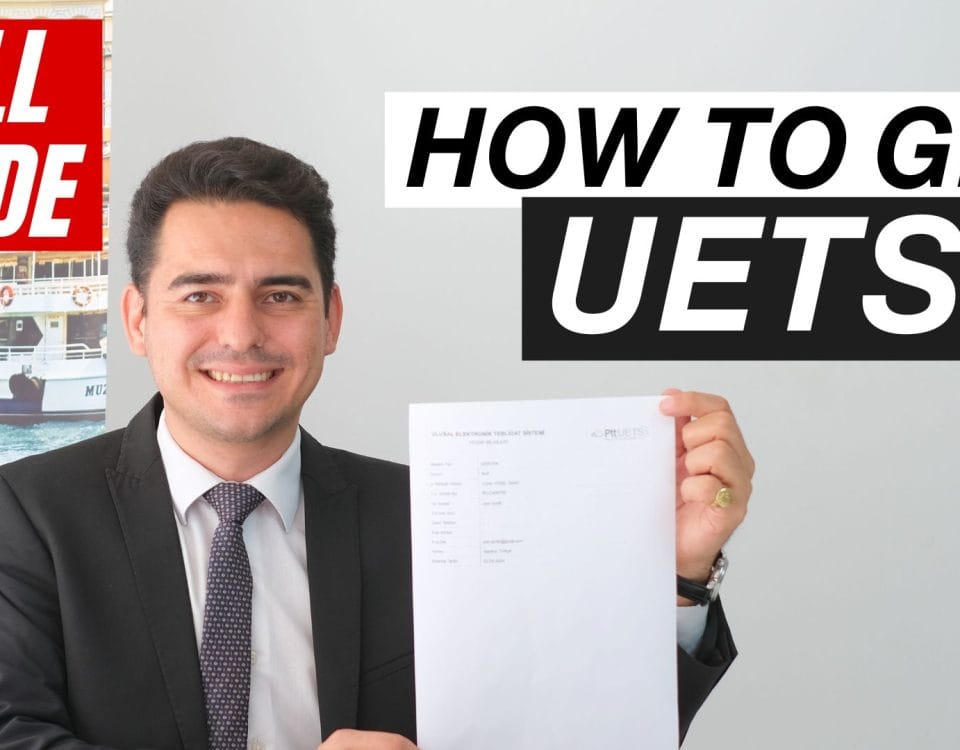Pet Ownership in Turkey: Regulations and Support Systems
Navigating the intricate landscape of pet ownership in Turkey requires a comprehensive understanding of both the regulatory framework and the support systems in place. As a nation where the bonds between humans and animals are rooted in historical and cultural significance, Turkey presents a unique milieu that intertwines legal obligations with societal values. The regulatory frameworks are designed to ensure the welfare of pets, govern their ownership, and establish standards for their care. Simultaneously, an array of support systems, including veterinary services, pet-friendly facilities, and animal welfare organizations, contribute to a conducive environment for pet owners. This coexistence of regulations and support mechanisms underscores Turkey’s commitment to managing the well-being of companion animals while addressing the concerns and expectations of pet owners. In this exploration, we seek to illuminate the complexities and facilitations that characterize the experience of pet ownership in Turkey, a task that is not merely about legal compliance but also about engaging with the rich tapestry of support within the community.
Navigating Legal Frameworks for Pet Owners in Turkey
In Turkey, navigating the legal frameworks for pet ownership is pivotal for harmonious coexistence between human and animal populations. The Turkish government has enacted various laws and regulations to protect animal welfare and to define the responsibility of pet owners. For instance, the Animal Protection Law No. 5199, which was amended in 2021, emphasizes the importance of vaccination, registration, and microchipping of pets to ensure both public safety and animal health. Furthermore, this law prohibits the mistreatment of animals and outlines penalties for negligence or abuse. As such, prospective and current pet owners must acquaint themselves with these regulations to avoid legal repercussions and to uphold the standards of care that are enshrined in Turkish legislation. Navigating these legal obligations calls for a proactive approach in understanding the rights and duties that come with the joy and companionship of owning a pet in Turkey.
Moreover, the responsibility of pet ownership in Turkey extends beyond individual care to include adherence to municipal bylaws. Local authorities are empowered to set additional rules that reflect the specific needs and contexts of their communities. For example, some districts may impose restrictions on the number and types of pets that can be kept in residential areas, or specify quiet hours when pets should not be allowed to make excessive noise. Additionally, dog owners are generally required to keep their pets on a leash in public spaces and must clean up after their animals to maintain public hygiene. Failure to observe these local directives can result in fines and other sanctions, thus emphasizing the need for pet owners to be well-informed about the regional ordinances that directly impact their day-to-day activities with their pets. Engaging with community forums, attending local council meetings, and consulting with neighborhood associations can be invaluable in staying up-to-date with these continuously evolving requirements.
In the journey of adhering to the layers of animal welfare legislation, pet owners in Turkey are also backed by a substantial support system that guides them through legal compliance. National and local entities often host informational campaigns, workshops, and provide resources online to educate pet owners about their obligations under the law. Veterinary clinics across the country play a crucial role too, keeping pet owners abreast of necessary vaccinations and health check-ups that align with legal standards. In urban areas, particularly, municipalities collaborate with animal welfare organizations to offer spaying and neutering services, reflecting communal efforts to manage pet populations responsibly. This engagement with the legal aspects of pet ownership is not only a demonstration of national commitment to animal welfare but also a step towards fostering a more informed and conscientious pet ownership culture within the Turkish community.
The Role of State and Non-Profit Organizations in Animal Welfare
In Turkey, the state plays a pivotal role in animal welfare through the establishment of comprehensive laws such as the Animal Protection Law No. 5199, which prescribes the humane treatment of all animals, the obligation to provide shelter, and access to adequate food and clean water. Alongside the state, non-profit organizations and volunteer groups actively amplify the effectiveness of these laws, filling the gaps where governmental reach may falter. These organizations not only provide emergency care and shelter for stray and abused animals but also work tirelessly to elevate public consciousness about animal rights. Their collaborations with state institutions, especially in large-scale neutering and vaccination campaigns, seek to manage stray populations humanely and prevent the spread of diseases. This synergistic relationship between government bodies and civil society is essential for the advancement of animal welfare in Turkey, creating a framework in which both legal support and compassionate care go hand in hand.
The concerted efforts of state and non-profit organizations are particularly visible in urban areas, where the intersection of dense human and animal populations creates complex challenges. Municipalities in cities like Istanbul and Ankara have developed dedicated animal welfare departments tasked with the rescue and rehabilitation of street animals, illustrating government responsiveness to the issue. Meanwhile, non-profits like the Turkish Animal Rights Federation actively lobby for more stringent animal protection laws and run education programs, demonstrating the potency of grassroots advocacy. They harness social media and community events to heighten awareness and foster a culture of empathy and responsibility among citizens. This two-pronged approach harnesses the legal authority of state entities and the moral drive of non-profits, working in tandem to build sustainable systems of animal welfare while ensuring the Turkish society’s active participation in and endorsement of these endeavors.
At the heart of Turkey’s approach to animal welfare lies a compassionate tapestry woven by a myriad of non-profit organizations that operate beyond the immediate purview of governmental initiatives. These groups often serve as swift responders to the needs of animals in distress, offering rescue services, medical treatment, and adoption programs to ensure that every animal receives a chance at a better life. Significantly, they also contribute to a cultural shift by promoting responsible pet ownership, spaying and neutering to control animal populations, and humane education programs across communities. Their relentless advocacy and educational outreach campaigns are integral to reinforcing the societal ethos of animal welfare, fostering an environment where citizens are not only aware of the rights of animals but also actively engaged in upholding them. This shared responsibility between the state, non-profits, and the community forms the cornerstone of a compassionate and progressive animal welfare paradigm in Turkey.
Integrating Pets into Turkish Society: Policies and Community Services
The integration of pets into Turkish society is underpinned by various government policies that emphasize responsible pet ownership and animal welfare. Central to this is the Animal Protection Law, which sets forth the ethical treatment of animals and outlines the responsibilities of owners, including registration, vaccination, and proper care. In urban centers like Istanbul and Ankara, pet owners are supported by municipal services providing free or subsidized vaccinations, spaying, and neutering programs designed to maintain the health of pets and control stray populations. Additionally, community-led initiatives often collaborate with local authorities to offer educational campaigns that not only inform citizens about the legal aspects of pet ownership but also encourage empathy, compassion, and a deeper societal acceptance of animals as sentient beings that enrich human lives.
Beyond legislative measures, Turkey’s community services play a pivotal role in bolstering the human-animal bond. Numerous non-profit organizations and volunteer groups work tirelessly to support pet owners and protect the welfare of animals. These groups often run adoption programs for homeless animals, offer assistance with finding lost pets, and facilitate pet fostering opportunities that provide temporary homes for animals in need. The heartening sight of neighborhood feeding stations, where locals regularly leave food and water for stray animals, is a testament to a communal ethos of care. Even veterinary care, which can be a significant concern for pet owners, is rendered more accessible through charity-run clinics and mobile veterinary services that provide affordable, and sometimes free, health care to pets across diverse socio-economic backgrounds. These concerted efforts reflect a society that values not just the rule of law in pet ownership but also the power of volunteerism and community spirit in creating a nurturing environment for pets.
The synergy between regulatory frameworks and communal action culminates in a robust support system that recognizes pets as integral members of Turkish society. Education programs in schools teach children about the importance of kindness to animals, shaping the next generation of responsible pet owners. Moreover, the proliferation of pet-friendly public spaces, including parks and beaches, signals a growing societal acknowledgment of pets’ roles as companions. Through initiatives such as the “Hayvan Dostu” (Animal Friendly) certificate program, businesses including hotels and restaurants are incentivized to welcome pets, integrating them into the fabric of social life. Such community-centered approaches manifest Turkey’s progressive attitude towards coexistence, where pets are not only safeguarded by law but are embraced in the daily rhythms and spaces shared by the wider community.






